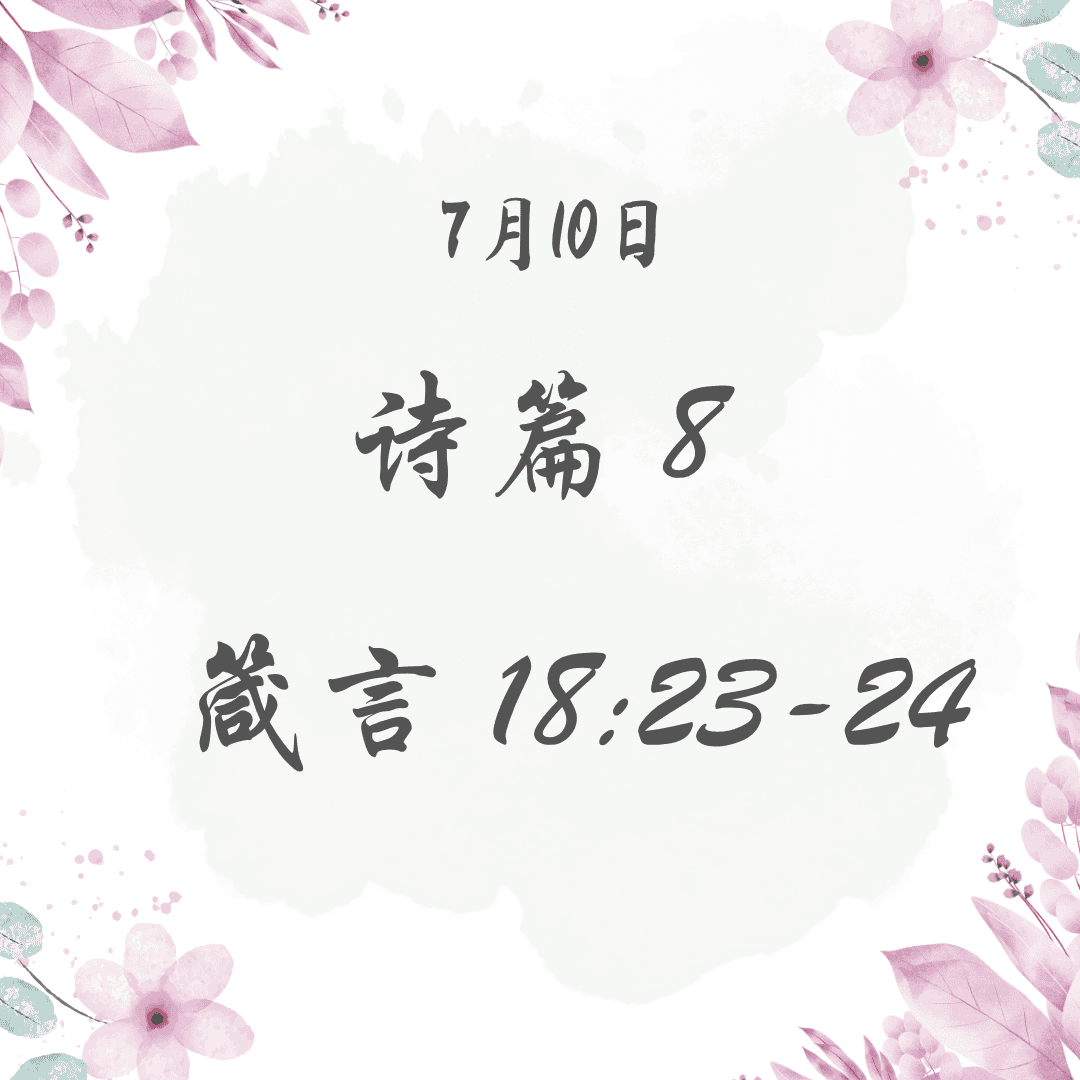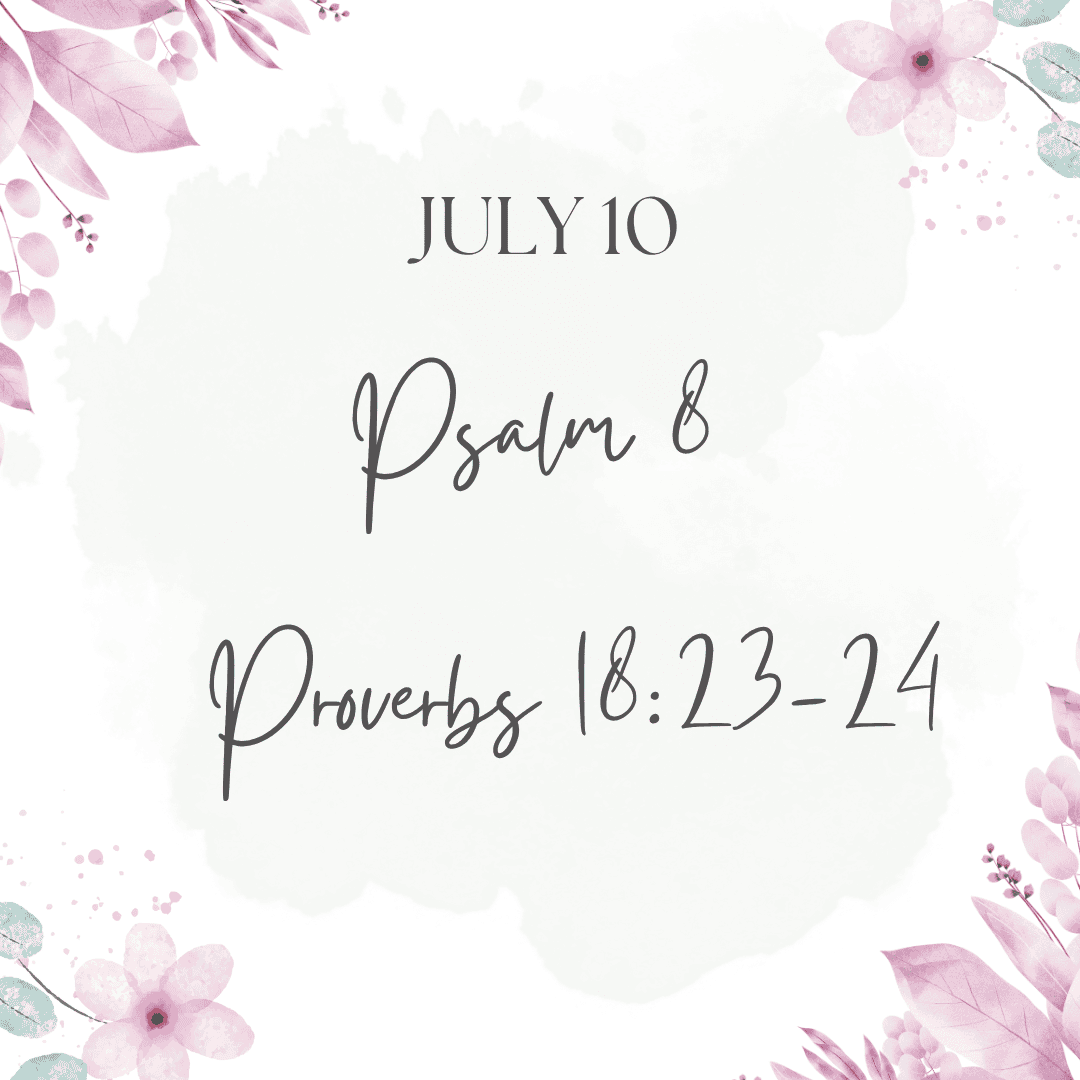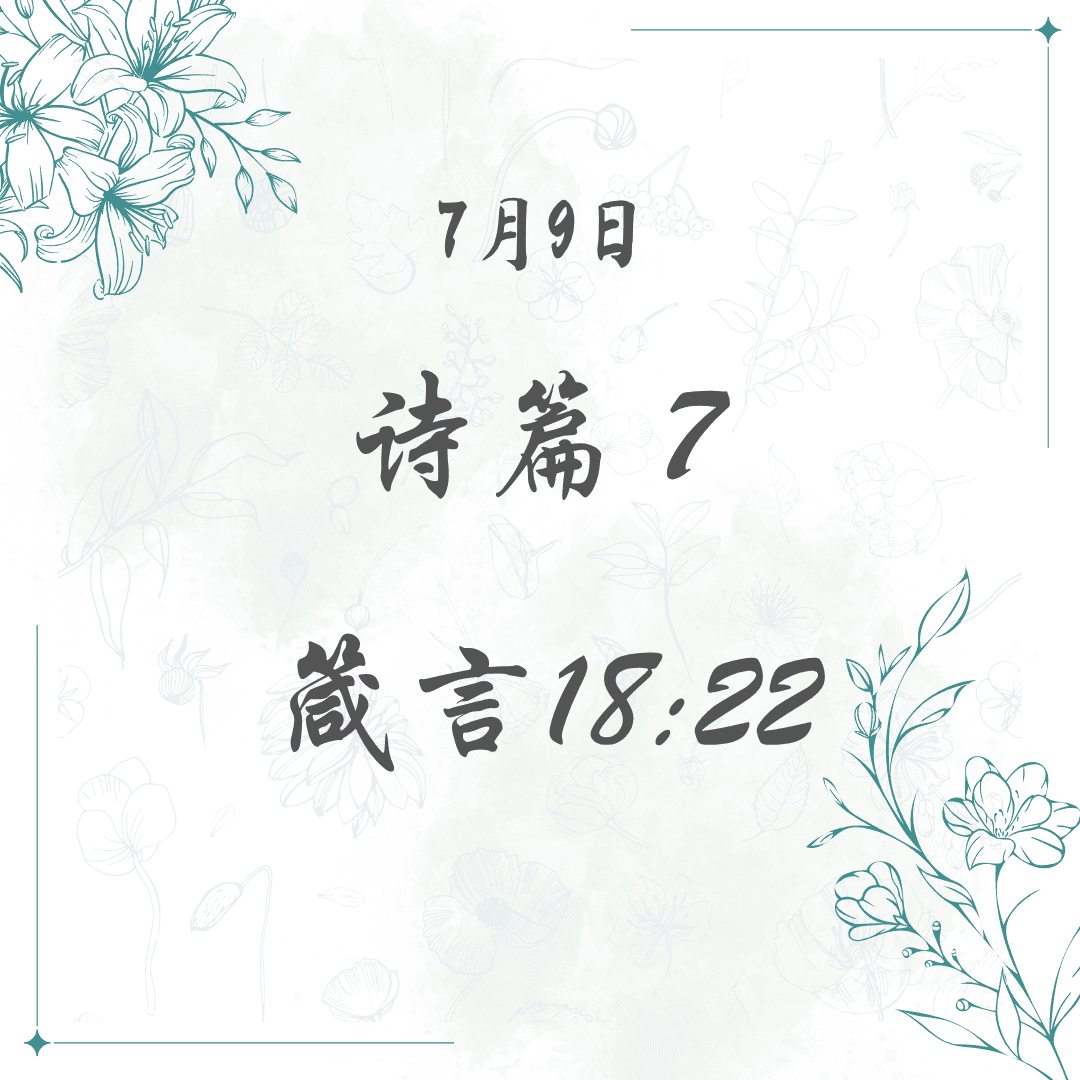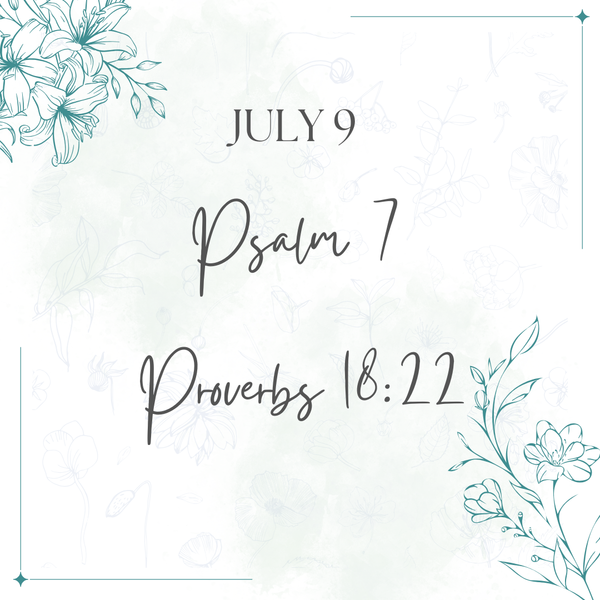Chapter 9 HS is a Lifestyle
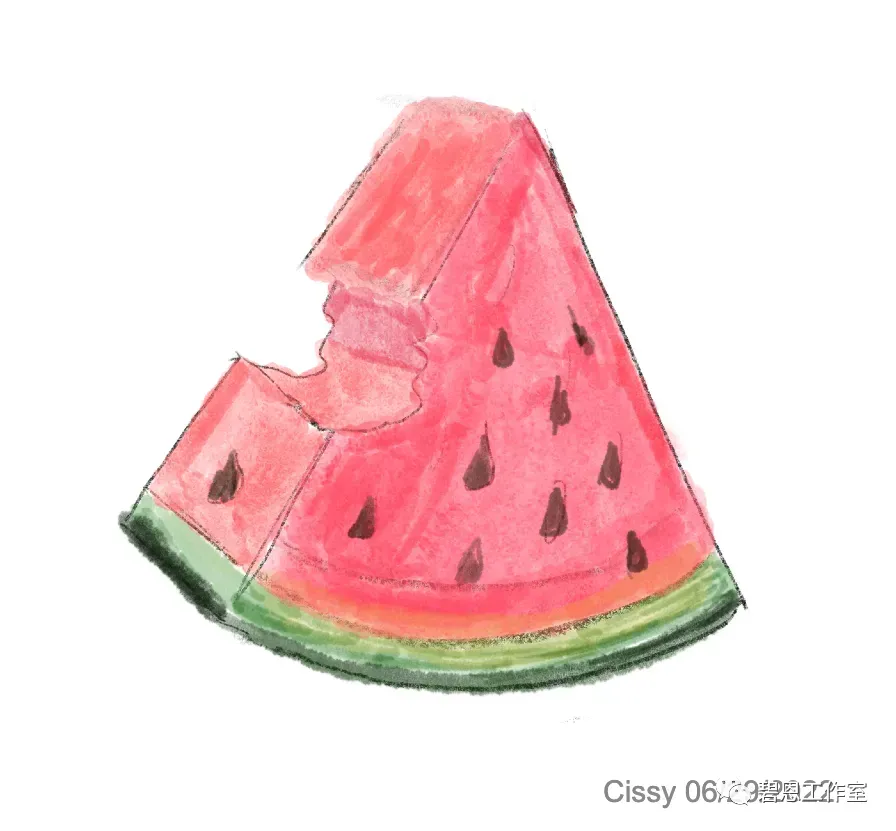
How did I end up choosing the path of homeschooling?
Back when I lived in the U.S. in my early years, some Christian families around me were already homeschooling their children. But at the time, I was busy with my studies and dealing with many personal issues, so I never really asked, interviewed, or closely observed how these families conducted their homeschooling.
After returning to China, I always wanted to start a business. But after getting married and having a child, taking care of the baby became my primary task. Still, the idea of launching some form of educational endeavor never left me. While taking care of my child, I began reading, studying, and researching the North American homeschooling publishing market. The more I looked into it, the more I was amazed at how mature their market was—with countless educational publishers, materials, and schools!
When my eldest was three and ready for preschool, a few things became obstacles:
Once, I saw my upstairs neighbor carrying his little granddaughter, who was only about 2 years old, to preschool. The poor girl was wailing and kicking in protest, crying desperately, “I don’t want to go! I don’t want to go to school!” But her “grandpa” ignored her and carried her on his shoulders, striding away. At the time, I thought: this must leave a deep and painful scar on the child. (As for this little girl’s fate, it turned out to be beyond what any of us could have imagined. I grieve that I didn’t share the gospel with her more effectively when I lived next door. She chose to end her young life in September 2017, just as the school year began. She was only 11.)
My daughter was still nonverbal at age 3. (I detail this in another article titled “Childhood Speech Delay.”) Because of this, I worried she might be bullied in school.
Also, getting into public preschools required long waitlists. The so-called better private ones not only required waitlists but were also quite expensive—well beyond what we could afford on our modest income at the time.
So I thought, why not just do it myself? I had received a solid education and read so much about educational theory. Plus, preschool and elementary content are generally manageable for most parents. With that mindset, I started homeschooling—not out of a grand sense of calling, but more as a matter of circumstance. Looking back, I now increasingly feel that homeschooling—especially during the elementary years—is truly a calling for me. I’ll talk more about this idea later.
A few years later, our organization underwent major upheaval, and a small school suddenly found itself in dire need of teachers—including an English teacher. Out of a sense of duty, I took on the role and ended up teaching several subjects during my first semester—24 class periods per week. During that time, my eldest naturally joined the school in 2nd grade (there was no 1st grade yet). A year later, my second child enrolled in kindergarten at the same school. The year after that, due to various pressures, the school was forced to shut down.
However, those two years as a full-time teacher taught me a few key lessons:
- If a child can be homeschooled, it’s akin to a super small class—sometimes even one-on-one. In terms of teaching effectiveness, it’s obvious that one-on-one or one-on-two beats large classes by a mile.
- The importance of having a teaching plan! Without a plan, there’s no action. My personal belief is that whether you’re teaching or building long-term education, you must start with a clear vision of the end goal and work backward. In other words, you need a clear sense of direction! I’ll go into more detail about this in the later "how-to" section.
Later, due to my husband's job change, we moved again—this time leaving my hometown for a new place. Here, I began to homeschool in earnest. Three years have passed since, filled with many experiences and deep gratitude for God’s grace along the way.
In the end, once you build a rhythm for homeschooling, it becomes a way of life—one that I personally enjoy very much! This lifestyle has brought me:
- I don’t have to miss my kids terribly. Honestly, I often think—if I had to wave goodbye to my precious little ones every morning around 7:00 AM (or even earlier) and watch them disappear with their backpacks, I’d feel heartbroken. When they returned around 4:00 or 6:00 PM, I’d barely have time to rest with them, help with homework, prepare dinner, and then send them to bed. There would be hardly any meaningful time to talk, to connect deeply, to share my values with them. Just imagining this kind of life brings tears to my eyes. I guess I’d miss them all day long.
- I don’t have to worry about strangers teaching my children things that contradict the values I want to instill in them.
- I don’t have to worry about their safety. Sadly, I have two friends whose children experienced bullying in school, and their complaints to the school went unanswered. I know behind every family who speaks out, there are many others who suffer in silence. Children are fragile and helpless when they come into our lives. It’s our responsibility to protect them the best way we know how—not just physically, but also emotionally and spiritually. They need us to be their allies, their protectors—especially when they’re young.
- They have plenty of time to explore and develop their interests. In the early years, they were free after about 2:00 PM every afternoon. Now that my eldest is in upper elementary, she’s usually done by 4:00 PM. They have lots of time to read, draw, or create in their own ways. I use this free time to observe their interests and talents. In school, most kids are too busy with homework to discover themselves.
- We can travel during off-peak times—one of my favorite perks! Before the pandemic, we took several off-season trips to the beach. We stayed in Mediterranean-style two-bedroom, two-bath apartments (90 square meters, one room with a queen bed, one with two twin beds) for just ¥97/night.
- I have the freedom to choose what curriculum my kids use. This is another thing I love about homeschooling. If my child isn’t grasping something well, I can slow down or repeat the material. If she’s excelling, we can skip ahead. This kind of flexibility allows us to make the best possible decisions for our kids during these foundational learning years—unlike a rigid school system with little wiggle room.
- When the kids have conflicts (and trust me, it happens daily), I can intervene and guide them in matters of character. Parents who aren’t with their children much can’t really do this. In my view, this is especially important during elementary years—it’s when their worldview, values, and interpersonal skills take shape. It’s not about making them perfect. They’ll fail, and so will we. We’re all sinners, growing over a lifetime. But we must still provide clear perspectives. Because views shape actions! If they lack even a basic understanding of how to interpret situations—what’s good, what’s harmful—it’s unrealistic to expect them to grow into mature, well-rounded people.
In conclusion, if you have a vision in your heart, stick to your plan, and keep learning and adjusting, your homeschooling will naturally develop a rhythm that suits your family. This rhythm isn’t rigid—it flexes with life, ebbs and flows, and eventually becomes a lifestyle.
Before diving into technical “how-tos,” let me take a deep breath and offer a gentle reminder—to myself and to you: What children need most is love, not eloquence. What they need most is our time, not our knowledge. Slow down, savor this journey. They grow up so fast—too fast for us to truly enjoy it all. So there’s no need to rush them to grow up.
—Walking this journey with you,
AB's Mom
(This article was first published on my WeChat public account on July 2, 2022. Reading it again today, I realize that the part about planning can be adjusted—because when you follow a good curriculum, you don’t need to plan much. The publishers have already done that for you. That takes a lot of burden off us homeschool moms!)
